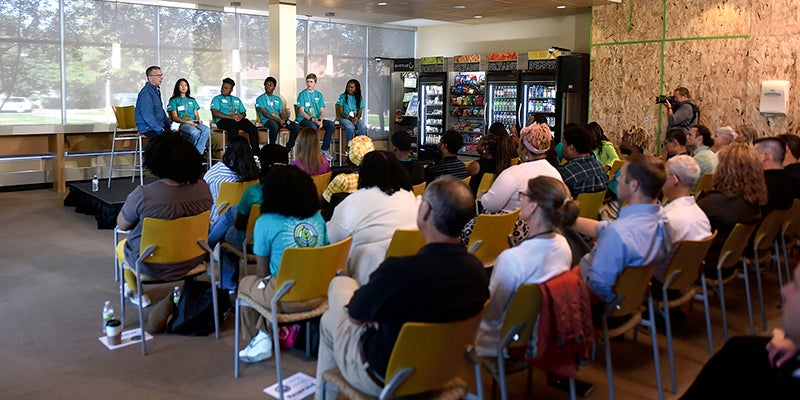Jobs pace weakens in March; US added just 126K jobs
Published 8:54 am Friday, April 3, 2015
WASHINGTON — The weakening U.S. economy spilled into the job market in March as employers added only 126,000 jobs — the fewest since December 2013 — snapping a streak of 12 straight months of gains above 200,000.
The Labor Department said Friday that the unemployment rate remained at 5.5 percent.
Friday’s jobs report raised uncertainties about the world’s largest economy, which for months has been the envy of other industrialized nations for its steadily robust hiring and solid growth.
U.S. employers appear wary about the economy, especially as a strong dollar has slowed U.S. exports, home sales have stagnated and cheaper gasoline has yet to unleash more consumer spending.
Some of the weakness may prove temporary: An unseasonably cold March followed a brutal winter that slowed key sectors of the economy.
Last month’s subpar job growth could make the Federal Reserve less likely to start raising interest rates from record lows in June, as some have been anticipating. The Fed may decide that the economy still needs the benefit of low borrowing costs to generate healthy growth.
Reflecting that sentiment, government bond yields fell Friday after the news of disappointing job growth. The yield on the U.S. 10-year Treasury note fell to 1.84 percent from 1.90 percent before the announcement. U.S. stock markets are closed in observance of Good Friday.
Last month, the manufacturing, building and government sectors all shed workers. Factories cut 1,000, snapping a 19-month hiring streak. Construction jobs also fell by 1,000, the first drop in 15 months. Hiring at restaurants plunged from February. The mining and logging sector, which includes oil drilling, lost 11,000.
In addition to reporting sluggish hiring for March, the government revised down its estimate of job gains in February and January by a combined 69,000.
Wage growth in March remained modest. Average hourly wages rose 7 cents to $24.86 an hour. That marked a year-over-year pay increase of just 2.1 percent. But because average hours worked fell in March for the first time in 15 months, Americans actually earned less on average than they did in February. Tepid pay increases have been a drag on the economy since the Great Recession ended nearly six years ago.
Many Americans remain out of the labor force, partly because many baby boomers are reaching retirement age. The percentage of Americans who are either working or looking for work fell in March to 62.7 percent, tying the lowest such rate since 1978.
Job growth had been healthy for more than a year before March. Yet the streak of strong hiring, along with cheaper gasoline, hasn’t significantly boosted consumer spending.





